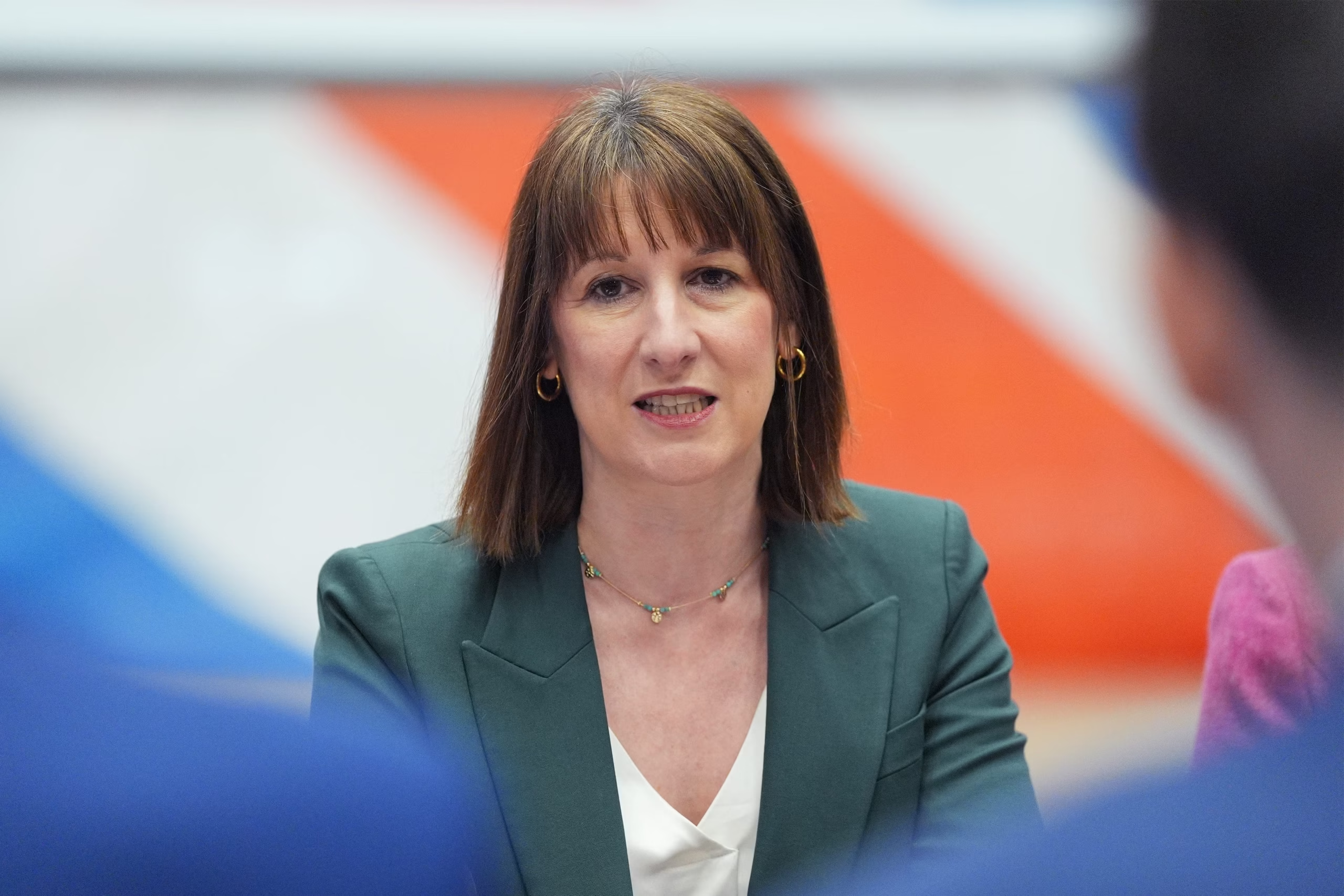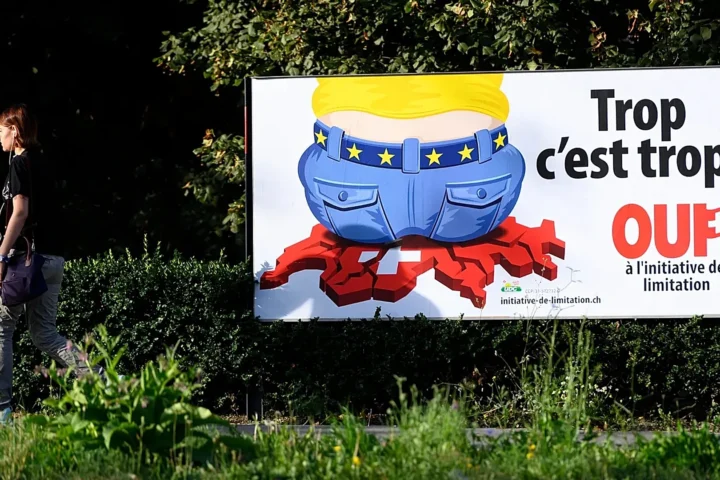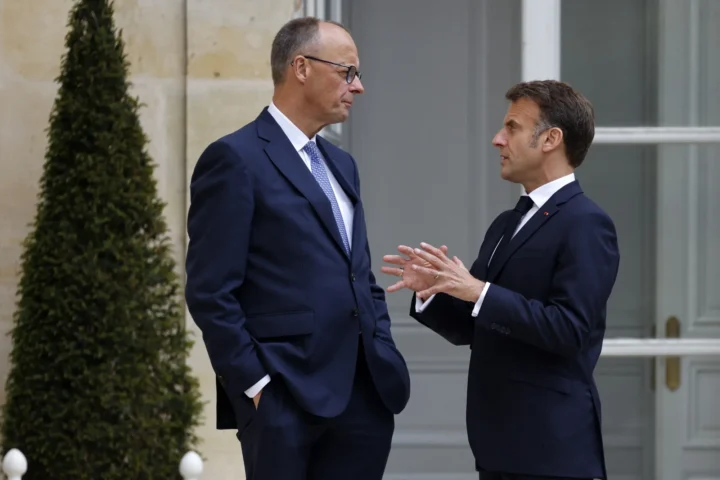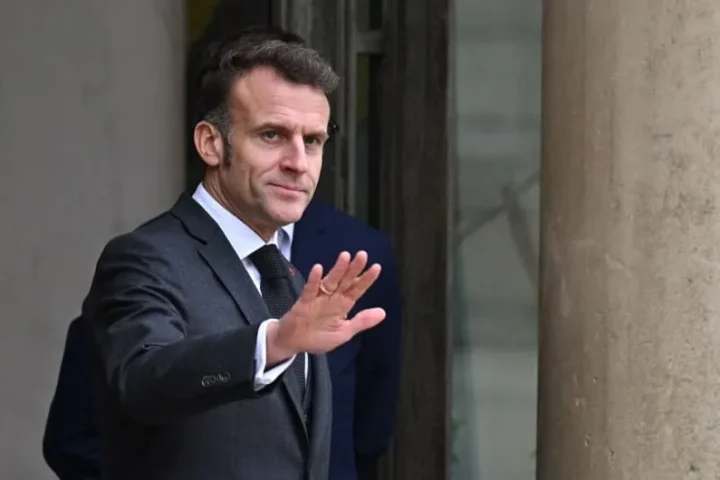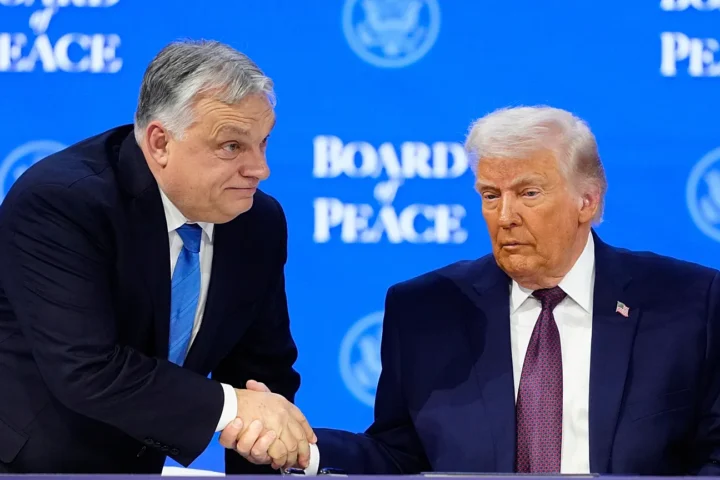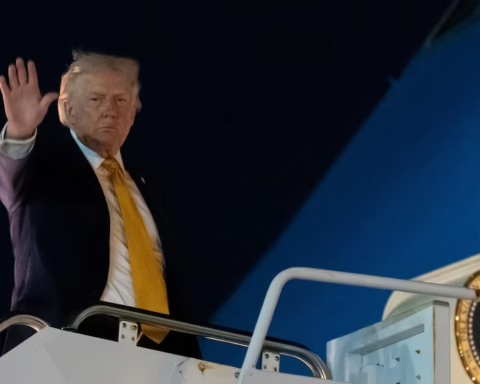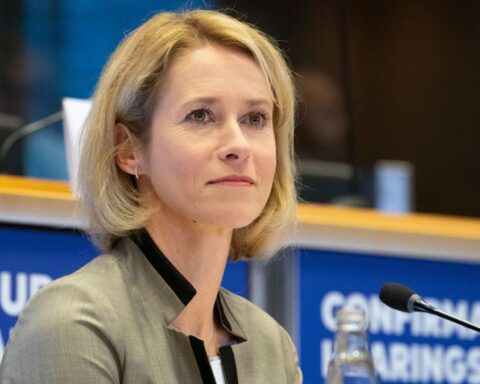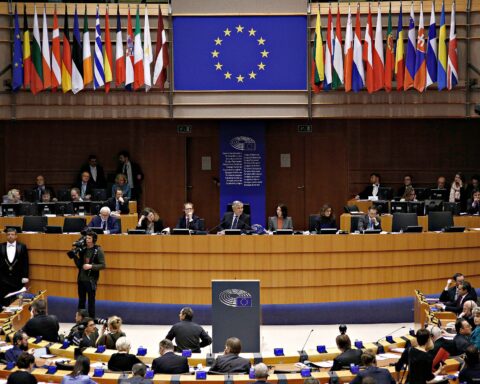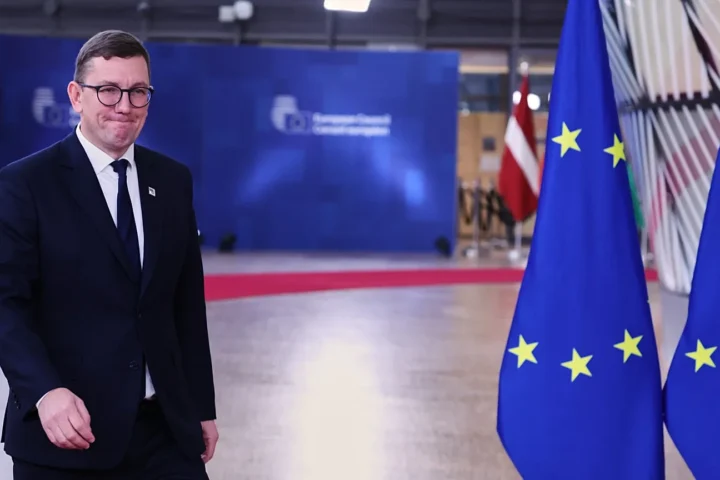U.K. Chancellor of the Exchequer Rachel Reeves has signaled a major strategic shift in Britain’s economic diplomacy, arguing that the United Kingdom has been “successful with Trump 2.0” because it shares the same concerns over global imbalances, trade distortions, and the risks of overreliance on adversarial nations.
Speaking in a recent interview on transatlantic policy, Reeves acknowledged that the return of a nationalist-leaning economic doctrine in Washington—centered on reshoring, tariffs, and industrial protection—does not necessarily put Britain at odds with the U.S. as many commentators feared. Instead, Reeves positioned the U.K. as a pragmatic ally, willing to collaborate with a renewed American economic agenda as long as British interests are respected.
The Return of Economic Nationalism — And the U.K.’s Position
“Globalization left too many people behind,” Reeves said, echoing a sentiment increasingly heard in both the White House and the Treasury. Reeves emphasized that trade imbalances, foreign dumping practices, and supply chain dependency had created economic vulnerabilities that are now a bipartisan concern in both countries.
Trump’s economic team has consistently criticized giant trade deficits, China’s industrial overcapacity, and unfair subsidies, proposing aggressive tariffs—up to 10% universally and 60% or more against China. While many European nations are bracing for confrontation with Washington over such moves, Reeves is signaling that Britain sees an opportunity—rather than a threat.
Beyond Ideology: Realigning Economic Strategy
Reeves’ statement reflects a pragmatic British position: the U.K. is prepared to work closely with the U.S. on reshaping global trade rules, even if it means pushing back against previous commitments to unrestricted free trade.
| Shared U.S.–U.K. Economic Concerns | Approach Under Reeves |
|---|---|
| China’s trade dominance | Strategic competition + supply chain protection |
| Domestic manufacturing decline | State-supported industrial revival |
| Economic security | Friendshoring + resilient energy strategy |
| Tech rivalry | AI investment partnerships with U.S. |
| Trade deficits | Fair trade agreements with enforcement mechanisms |
This alignment is not ideological, but strategic: both governments now see industrial resilience as a national security priority.
Quiet Shift Toward Economic Realism
Reeves is not endorsing full-scale economic nationalism. Instead, she is recalibrating Britain’s role in the next phase of global capitalism—“economic realism.” The era of cheap global supply chains and dependence on geopolitical rivals is over, she argues. The new priority: protective competitiveness.
Her policies reflect this shift:
- Pro-manufacturing investment zones across Britain
- Partnerships with American energy and semiconductor firms
- Investment incentives for green tech and advanced industries
- Support for defense supply chain cooperation with the U.S.
- Opposition to unfair state subsidies from foreign governments
Rather than resisting U.S. economic nationalism, Reeves is embedding Britain within it—ensuring the U.K. is an exception to U.S. tariffs and a preferred partner in strategic sectors.
A Calculated Diplomatic Strategy
Reeves’ comments also reflect a broader foreign policy realignment. By showing early willingness to cooperate with Washington’s evolving trade doctrine—Trump-era or otherwise—the U.K. aims to:
✅ Secure exemptions from new U.S. tariffs
✅ Win American investment into British industry
✅ Deepen cooperation in AI, rare earths, clean energy, and defense
✅ Reduce EU pressure by strengthening U.K.–U.S. trade ties
In other words, Reeves is quietly crafting a U.S.–U.K. economic alliance 2.0, one based not on free trade rhetoric—but on strategic economic interests.
Why Reeves’ Message Matters
Her remarks reflect a major turning point: globalization has been replaced by economic blocs. The U.S. is moving aggressively to build alliances based on economic security, and Reeves wants Britain at the front of the line.
She knows that access—not ideology—will define future prosperity. In a world fractured by U.S.–China rivalry, Britain must pick strategic partners and act decisively.
What Comes Next
Reeves’ economic diplomacy is setting the stage for:
- A bilateral U.S.–U.K. strategic investment pact
- Joint development funds in AI, biotech, defense manufacturing
- Cooperation on tariff policy against economic adversaries
- A shared approach to China and global industrial overcapacity
Reeves is betting that alignment with U.S. industrial strategy will deliver more long-term growth than competing as a neutral trade player in a fragmented world.
Final Thought
Rachel Reeves has made it clear: Britain will not stand on the sidelines in the new age of strategic economics. While critics may accuse her of bending to American pressure, she is in fact doing the opposite—leveraging geopolitical change to secure Britain’s economic power.
In a world of global imbalances and rising protectionism, Reeves is signaling that Britain will adapt—not resist. And in doing so, she may shape a new chapter of U.S.–U.K. economic partnership for a post-globalization era.
